Areas of Study
We are proud to present the ten diverse departments that consist of the Graduate School of Environmental and Life Science.
The Graduate School of Environmental and Life Science offers two divisions (Doctor's Course) and five divisions (Master's Course), which are further divided into ten departments according to the field of specialization.
Find and reach out to a potential supervisor here.
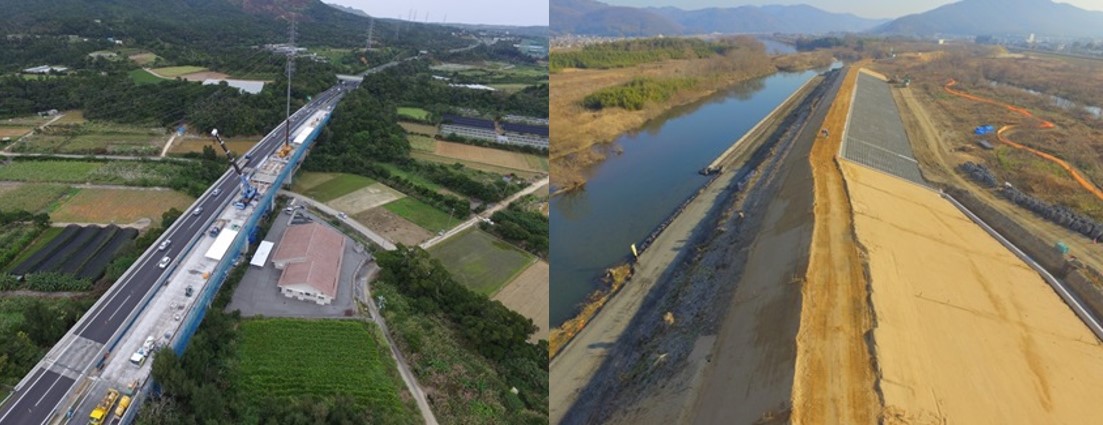
The environment which surrounds us consists of various areas of human society and nature, and provides a base for human activities. In order to create a attractive and wealthy environment in cities and other areas of living, it is necessary to examine the present condition of the environment and to improve its quality over the long term.
Education and research subjects of the department are focusing on a development of technology of disaster prevention and reduction, conservation of infrastructure based on civil engineering.
#Keywords
Hydraulic Engineering / Geotechnical and Groundwater Engineering / Design of Steel Structures / Design of Concrete Structures / Architecture and Urban Spatial Planning / Wood-Based Materials
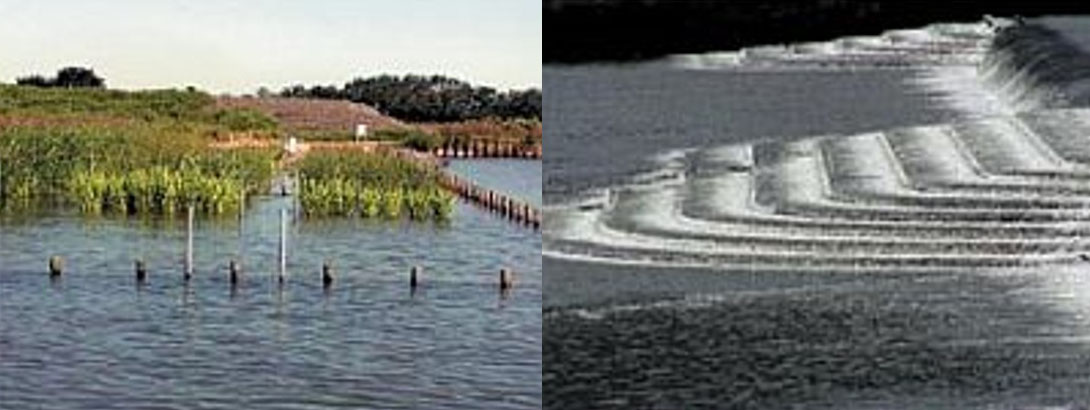
An ideal rural environment can only be accomplished through harmony among human activities, resource supplies, and natural environmental capacities. Complex and complicated interaction between the natural environment and human activities must be maintained by incorporating "functionality" and "sustainability" into the basic philosophy. Therefore, the following educational and research activities are performed: 1) Analyses of the mechanisms of the natural environment, including soil, water and plants, using holistic approaches that encompass functional relationships in a regional environment. 2) Planning of a regional space where a land conservation function is expected. 3) Establishment of a model and technology for sustainable resource use and circulation of water, biomass, and land resources toward creating a rich regional environment.
#Keywords
Vegetation Management / Applied Ecology / Soil Management / Agricultural Land Engineering / Terrestrial Information Management / Irrigation and Drainage / Catchment Hydrology / Design of Environmental Infrastructures / Management of Environmental Infrastructures / Environmental Economics / International Rural Studies / Rural Planning
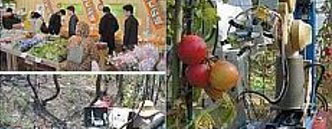
Environmental problems have been caused in the complex relations between humans’ activities and natural environments, from local to global scale. The objective of this department is to resolve these environmental problems from the aspect of environmental ecology. The department aims to develop research and education, which focus on the symbiosis between human beings and natural environments, and the establishment of sustainable recycling-based society. For the symbiosis, we research into the interrelations between organisms and environments, and the structure, dynamics, and functions of ecosystems. In additions, we evaluate biodiversity, and propose conservation regimes. For the establishment of a sustainable recycling-based society, we study the utilization and management of specific resources to regions and reconstruction of sustainable biological production systems.
#Keywords
Physiological Plant Ecology / Environmental Soil Science / Forest Ecology / Conservation of Aquatic Biodiversity / Evolutionary Ecology / Bioproduction Systems Engineering / Resources Management / Farm Management Systems and Information Processing
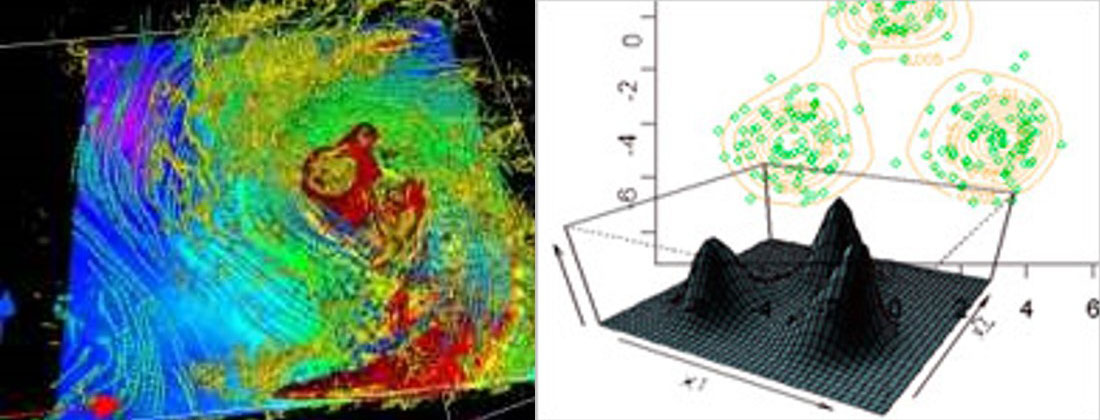
The Department of Human Ecology conducts education and research on various problems that directly impact human health and existence, both theoretically and practically, and current members include specialists in the fields of health, medical and mathematical sciences.
#Keywords
Mathematical Science for Data Engineering / Applied Mathematics / Mathematical Analysis of Models / Numerical Analysis of Flow Phenomena / Environmental Statistics / Design and Analysis of Environmental Survey and Experiments / Environmental Epidemiology

Optimization of waste material recycling and further material cycle is necessary for the development of a sustainable society. It is essential to develop both new recycling technologies and recycled product use and the tools for evaluating the safety of such products. The education and research subjects in this department are the construction of low carbon society, recycling technology development, nature symbiosis based on the approach from mainly soft aspects for society, planning, policy and also treatment technology.
#Keywords
Solid Waste Management and Recycling / Environmental Measurement and Control / Urban and Transport Planning / Water Environment and Sanitation
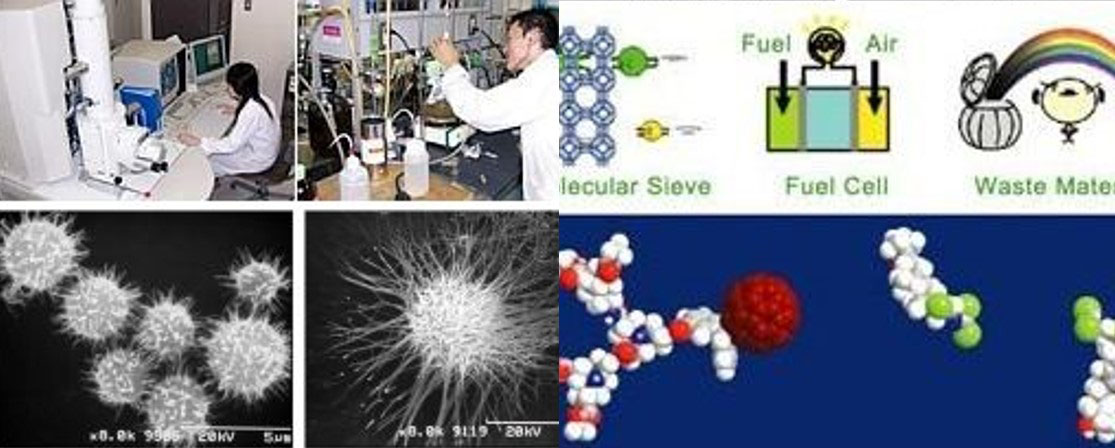
New scientific technologies have a vital role to play in solving environmental problems like global warming, ozone layer depletion, acid rain, and pollution by volatile organic compounds and hazardous metals. The development of new chemical technologies is indispensable for the construction of sustainable society and achievement of SDGs.
#Keywords
Ceramic Materials / Inorganic Functional Material Chemistry / Advanced Organic Materials / Environmental Polymer Chemistry / Environmental Process Engineering / Environmental Reaction Engineering
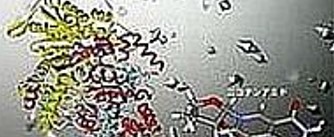
The department’s research focuses on Agricultural Chemistry, which is interdisciplinary research field encompassing bioscience, biotechnology, and agrochemistry. The study of Agricultural Chemistry includes fundamental investigations on life phenomena of plants, animals, microorganisms, and the chemical structures and functions of their bio-products and also advanced fields for applying our discoveries in ways that improve human society.
#Keywords
Applied Natural Product Chemistry / Chemistry of Bioactive Compounds / Functional Glycobiochemistry / Applied Enzyme Chemistry / Food Biochemistry / Chemistry of Bio-signalling / Microbial Function
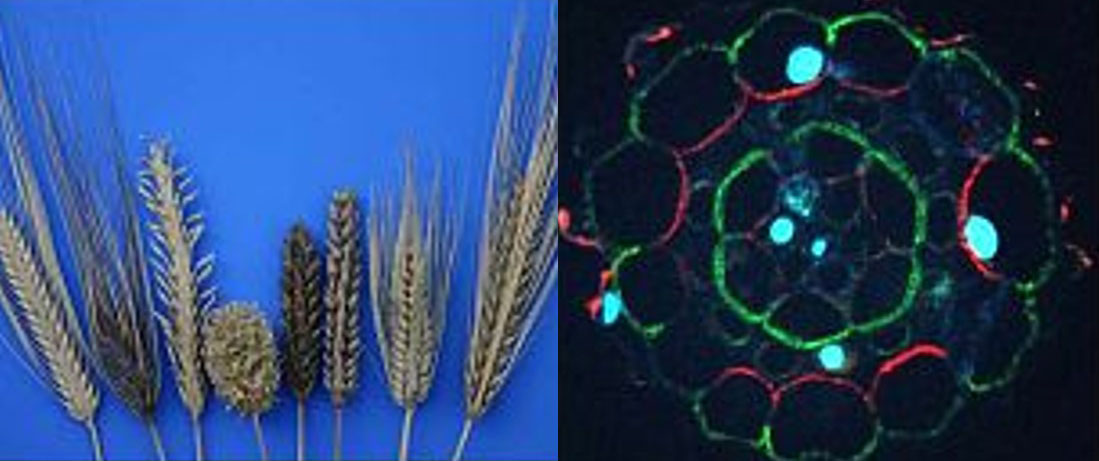
Plants are exposed to a range of negative growth factors such as atmospheric, soil, and biotic stresses. These problematic environments for plants must be controlled to achieve stable food production. The educational and research subjects of this division are to 1) find novel genes adapted to these stress environments, 2) develop stress tolerant plants, and 3) control stress environments, by using the diversity found in plant genomes and genes.
#Keywords
Plant Genetics and Physiology / Signaling Mechanisms / Plant Cytomolecular Biochemistry / Plant Stress Responses / Plant Molecular Physiology / Molecular Virology / Plant-Insect Interactions / Plant-Pathogen Interaction / Plant-Environmental Microbiology / Plant Diversity Analysis / Plant Functional Genomics / Integrated Genomic Breeding / Plant Diversity and Evolution
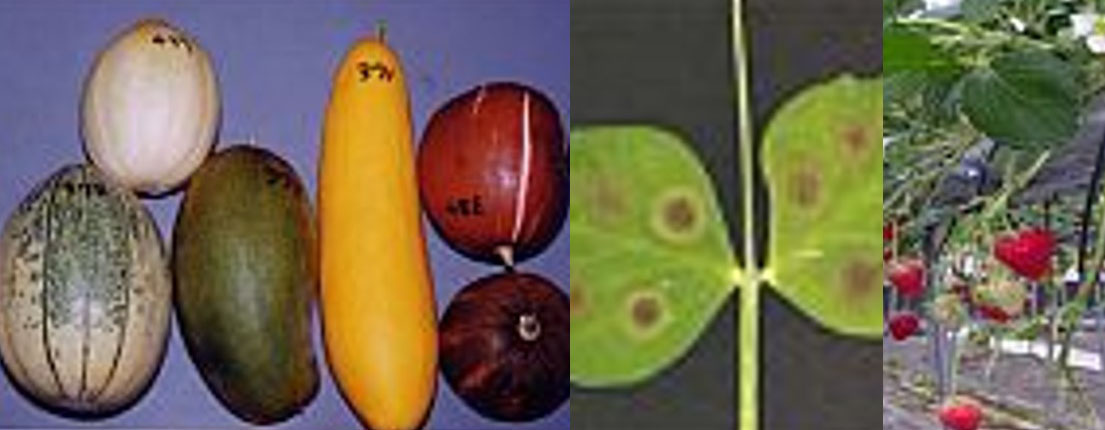
through photosynthesis by plants. Sustainable, reliable, and safe food production and a high quality supply is essential for our lives in the 21st century. In addition, the exploitation of Bio-energy has become a pressing concern. Innovative technology based on a deep understanding of plant physiology, ecology, and genetics and their diseases will lead to overcoming the challenges facing our food supply. Based on plant science, we study and direct advanced technology for breeding, disease control, propagation, cultivation and postharvest handling in agricultural and ornamental crops.
#Keywords
Genetic Engineering / Plant Genome Dynamics Analysis / Plant Pathology / Plant Genetics and Breeding / Postharvest Horticulture / Postharvest Physiology / Plant Production Science / Pomology / Vegetable Crop Science / Control of Flowering / Crop Science
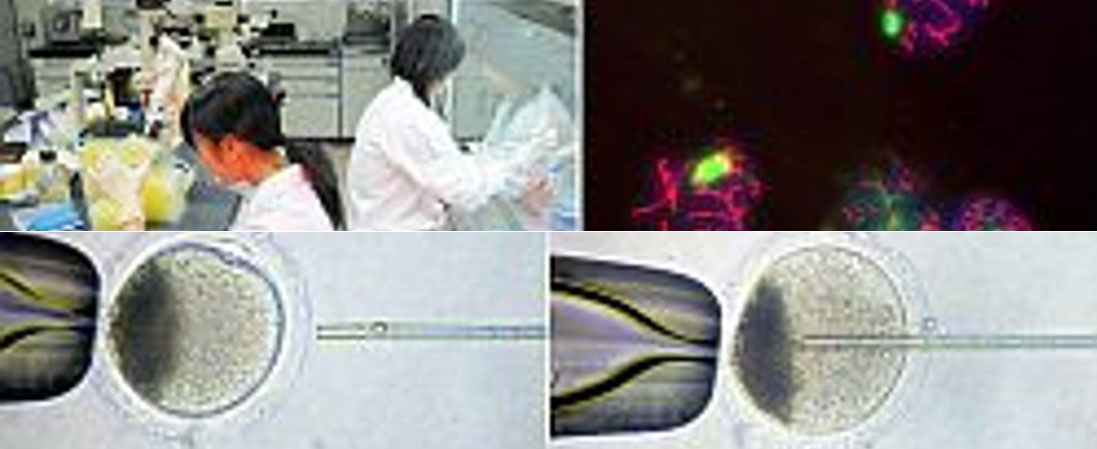
Human society is related to animals in diverse ways; animals are used not only for food production but also for experimentation in medical and pharmaceutical research, which serves as the basis for healthcare, medicine and pharmacy. Animals also function as means of psychological therapy and serve as companion creatures. Such utilization and application of animals to human activities involves numerous problems that cannot be resolved without applied research and technological development, which are based on fundamental research. With this fact in mind, the Department of Animal Science carries out fundamental research to clarify various functions (heredity, reproduction, physiology, immunity, nutrition and ecology) relating to vital phenomena at the levels of animal cell, individual and group. The Department also works on applied research to find solutions for various problems relating to animal production, human health and medicine, to apply such solutions in technological development, and even to address challenges in the biotechnology-based production, management and logistics of livestock food products. Through these research activities, the Department seeks to develop human resources who are equipped with highly specialized knowledge based on comprehensive perspectives, and who have problem-solving and R&D capabilities.
#Keywords
Reproductive Physiology / Animal Development and Reproductive Biotechnology / Animal Physiology / Animal Breeding and Genetics / Applied Animal Genetics / Animal Nutrition and Feed Science / Animal Applied Microbiology / Assisted Reproductive Medicine